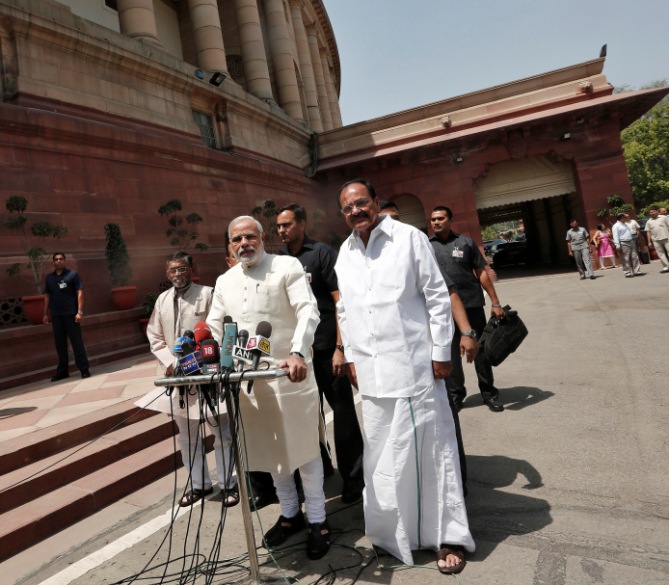
Three weeks after taking charge and amid the initial euphoria slightly on the wane, the Narendra Modi-led central government on Monday faced its first major brush with bitter macroeconomic realities.
The main headwinds came in the form of the wholesale price index-based inflation rate zooming to a five-month high and tensions in Iraq spiking oil prices, weakening the rupee and dragging down stock markets for a second straight day.
The wholesale inflation rate rose to 6.01 per cent in May from 5.20 per cent the previous month, as all broad categories -- primary articles (unprocessed items) including food, manufactured products and fuel -- saw an increase in rate of price rise.
. . .
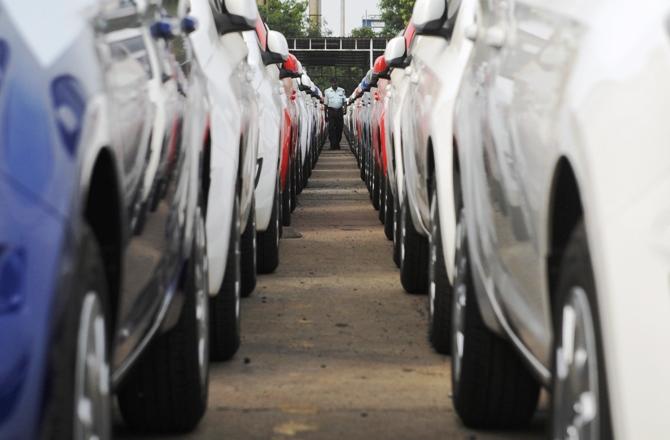
This, coupled with the official prediction of a sub-normal monsoon this year, might further delay any possibility of a dovish stance by the Reserve Bank of India.
Finance Minister Arun Jaitley said on his Facebook page: “The government is committed to taking measures that will positively impact the economy and result in higher growth than expected.
“I am hopeful that inflation, which is moving upwards now, will eventually come down.”
Tensions in Iraq, meanwhile, sent the benchmark Indian crude oil basket zooming to $110.54 a barrel on June 13 from $108.52 the previous day.
The basket was hovering around $107 at the beginning of this month.
. . .
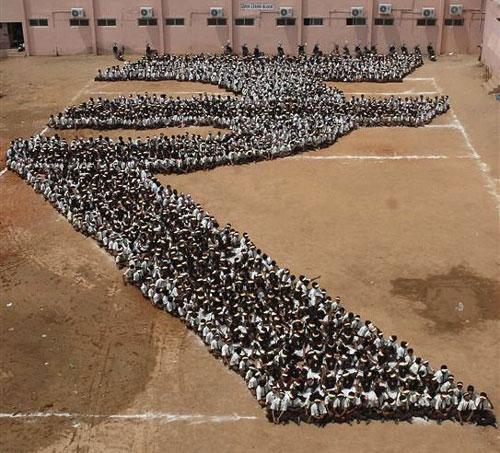
With Iraq plunging into a crisis, global crude oil prices have also risen.
At one point on Monday, Brent crude oil price had risen to a nine-month high of $113 a barrel.
The rupee weakened on Monday to breach the 60-a-dollar mark.
It ended the day at 60.17 a dollar, compared with its previous close of 59.77.
The last time it had closed below the psychological 60-a-dollar mark was on May 5 (60.23 per dollar).
According to currency dealers, RBI intervened in the currency market in early trades but the weakness in the rupee continued due to a dollar demand from oil marketing companies.
. . .
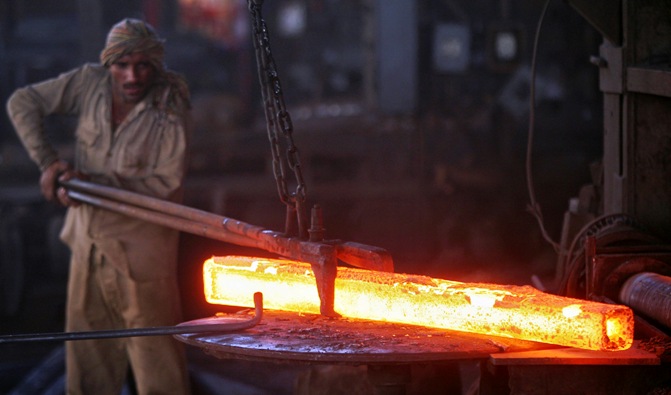
The currency has weakened 0.47 per cent against the dollar since the beginning of this financial year.
“The weakness in the rupee was due to violence in Iraq.
“Besides, oil marketing companies were buying dollars.
“The wholesale inflation data also contributed to the weakness,” said Sandeep Gonsalves, forex consultant and dealer, Mecklai & Mecklai.
The outlook for the rupee depends on the impact the Iraq violence might have. According to Moses Harding, group chief executive officer (liability & treasury management) & chief economist at Srei Infrastructure Finance, if the Iraq impact is temporary and short-lived, the rupee should recover to the 58.35 to 59.85 level in the short term.
However, if a bearish momentum, led by geopolitical tensions, gets into a prolonged one, the rupee would extend its weakness beyond 60.10 to 60.60, or even 61.20 a dollar.
. . .
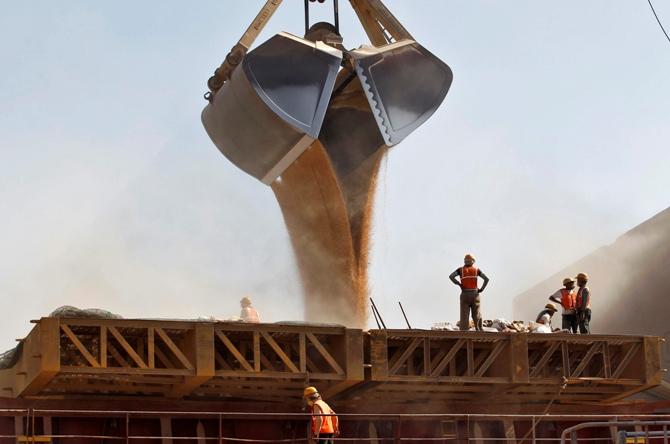
“While RBI seems to have arrested the dollar’s decline below Rs 58, stakeholders expect the central bank to prevent the rupee’s weakness above 60 to guide consolidation to 58-60 a dollar till macroeconomic conflicts are resolved,” he said.
Also, the equity markets declined for a second straight day, with the benchmark Sensex ending 37.69 points, or 0.15 per cent lower than its previous close, to 25,190.48.
The spike in crude oil prices was believed to have hit global investor sentiment and there was a fear that foreign flows coming into the country might be stemmed.
Analysts said the market, which has rallied nearly 20 per cent so far in 2014, might struggle to gain further ground due to concerns surrounding inflation, poor monsoon forecast and a weakening rupee.
. . .
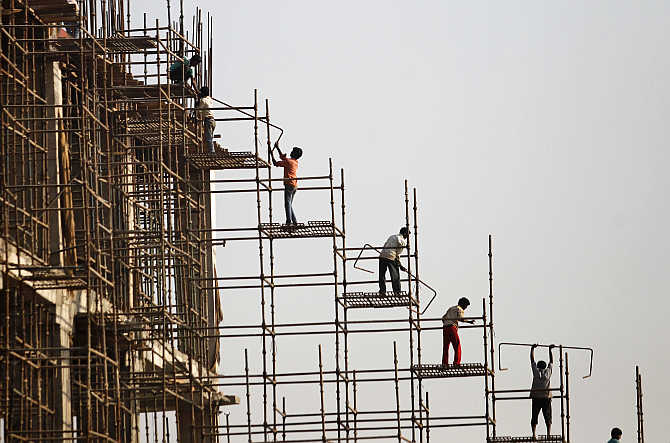
The country’s benchmark indices had on Friday dropped 1.5 per cent, their biggest single-day declines in over four months.
The fall on Monday was led by capital goods and banking stocks, which have rallied sharply this year on hopes of a turnaround in the domestic economy.
Engineering major Larsen & Toubro declined two per cent on Monday, while banking major State Bank of India fell one per cent.
Meanwhile, the two-day fall in the rupee boosted information technology stocks.
Top software exporter Tata Consultancy Services gained 2.5 per cent, while Infosys and Wipro gained more than one per cent each.